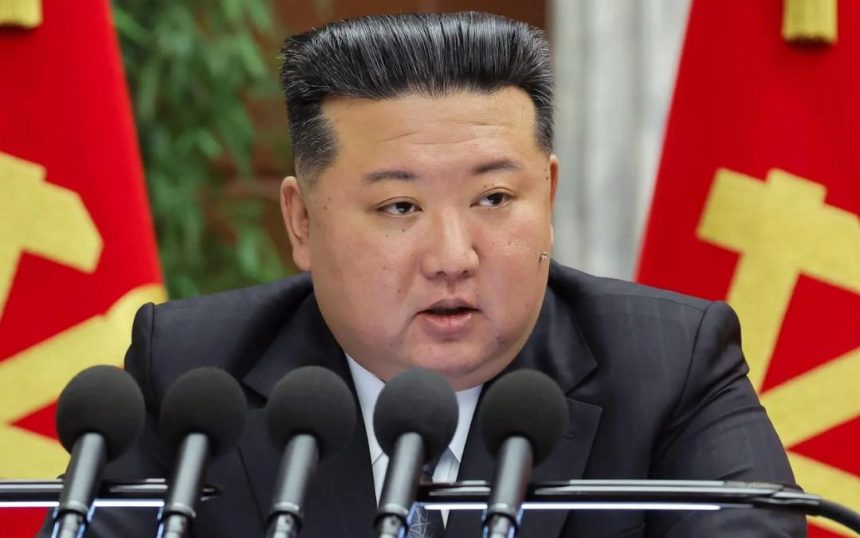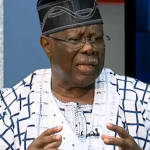The North Korean government is increasingly imposing death penalty, including for people caught watching and sharing foreign films and TV dramas, according to a major UN report.
According to the BBC, the report revealed that the dictatorship, which remains largely cut off from the world, is also forcing more citizens into labour while further restricting freedoms.
The UN Human Rights Office found that over the past decade, the North Korean state had tightened control over “all aspects of citizens’ lives”. It concluded: “No other population is under such restrictions in today’s world,” adding that surveillance had become “more pervasive”, aided by advances in technology.
UN High Commissioner for Human Rights, Volker Türk, warned that if the situation continued, North Koreans “will be subjected to more of the suffering, brutal repression and fear that they have endured for so long”.
Based on more than 300 interviews with people who escaped from North Korea in the past 10 years, the report revealed that the death penalty is being used more frequently.
Since 2015, at least six new laws have been introduced allowing capital punishment, including for watching and sharing foreign media content.
Escapees told UN researchers that since 2020, more executions had taken place for distributing foreign content, with firing squads carrying out public killings to instill fear.
Kang Gyuri, who escaped in 2023, told the BBC that three of her friends were executed for possessing South Korean content.
She recalled attending the trial of a 23-year-old friend who was sentenced to death. “He was tried along with drug criminals. These crimes are treated the same now,” she said.
When Kim Jong Un came to power in 2011, many North Koreans had hoped life would improve. But the report said living conditions and human rights had “degraded” after Kim abandoned diplomacy with the West in 2019 and focused on expanding his nuclear weapons programme.
Almost all escapees said they lacked food, with three meals a day described as a “luxury”. During the Covid pandemic, many reported severe shortages and deaths from hunger.
At the same time, the government cracked down on informal marketplaces and tightened border controls, ordering troops to shoot those attempting to flee.
“In the early days of Kim Jong Un, we had some hope, but that hope did not last long,” one woman, who escaped in 2018 at age 17, testified.
“The government gradually blocked people from making a living independently, and the very act of living became a daily torment.”
ALSO READ: Tyler Robinson: Once dressed in Trump-themed costume, other facts about Charlie Kirk’s ‘killer’
The UN report said the government had exercised “near total control over people, leaving them unable to make their own decisions” over the past 10 years. It also highlighted growing use of forced labour, with people from poor families recruited into “shock brigades” for dangerous tasks such as mining and construction. Orphans and street children have also been pressed into such work, according to the findings.
The latest report follows a 2014 UN inquiry which found North Korea was committing crimes against humanity. It confirmed that at least four political prison camps remain in operation, while torture, abuse, and deaths from malnutrition persist in prisons. Some escapees reported “a slight decrease in violence by guards”, though overall conditions remain dire.
The UN has called for the situation to be referred to the International Criminal Court in The Hague, but this would require approval from the UN Security Council, where China and Russia have blocked past sanctions efforts.
ALSO READ TOP STORIES FROM NIGERIAN TRIBUNE
WATCH TOP VIDEOS FROM NIGERIAN TRIBUNE TV
- Let’s Talk About SELF-AWARENESS
- Is Your Confidence Mistaken for Pride? Let’s talk about it
- Is Etiquette About Perfection…Or Just Not Being Rude?
- Top Psychologist Reveal 3 Signs You’re Struggling With Imposter Syndrome
- Do You Pick Up Work-Related Calls at Midnight or Never? Let’s Talk About Boundaries






